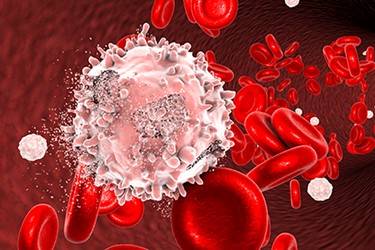Tumor-Agnostic Treatments: A Game Changer For Rare Oncology Trials
By Rupa Doshi, Executive Director, Oncology Program Strategy, Premier Research, and Sameena Sharif, President, RPI, A Division of Premier Research

Rare cancers account for almost a quarter of all new cancers worldwide though there is no universally adopted definition for rare cancers. In the U.S., rare cancers are defined as those with fewer than 15 cases per 100,000 per year, whereas in the EU, they are defined as six cases per 100,000 per year.
Historically, cancers have been characterized by location and tissue type. Today, however, cancers are increasingly being grouped based on molecular subtypes. This molecular approach to characterization has resulted in the categorization of some common cancers into groups of rare cancers. For example, melanoma is not a rare cancer, but when it is divided into molecular subtypes, it can be categorized as a collection of rare cancers. When grouped as families, the top four rare cancer types are hematological (22 percent), female genital tract (18 percent), digestive tract (14 percent), and head and neck (14 percent).
The grouping of cancer-based on molecular subtypes has changed not only how cancer is categorized but also how novel therapies are investigated in clinical trials. In this blog post, we explore the changing rare oncology landscape and novel approaches to rare cancer trials.
Get unlimited access to:
Enter your credentials below to log in. Not yet a member of Life Science Leader? Subscribe today.
